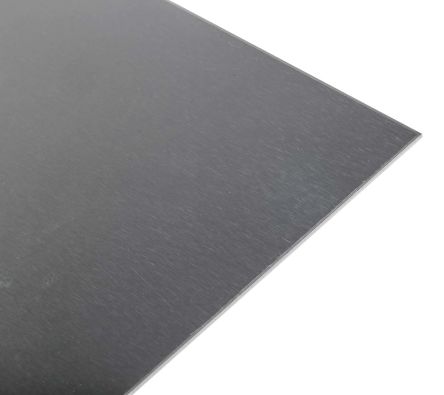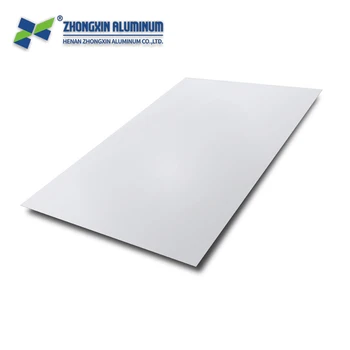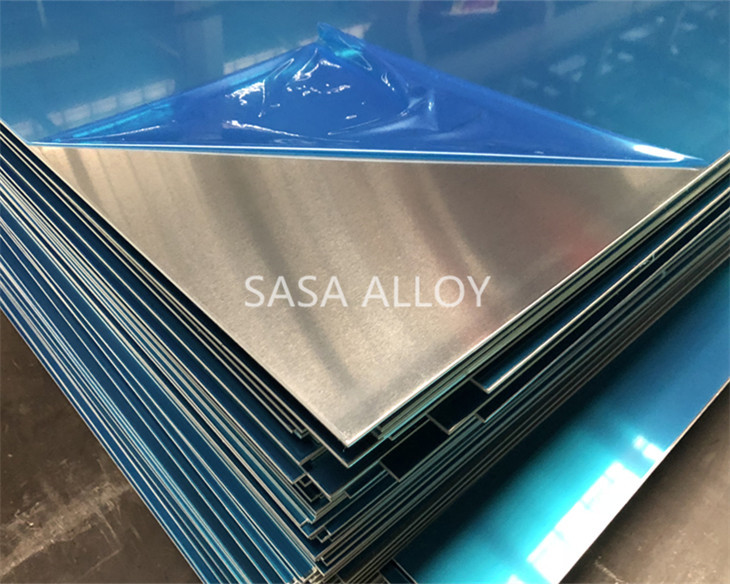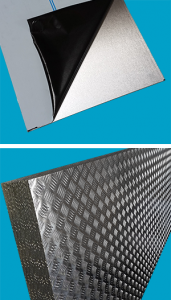Welding 1mm Aluminium Sheet

Learn the tricks to gas welding aluminum sheet metal with mike from cobra torches.
Welding 1mm aluminium sheet. A rule of thumb for welding sheet metal steels and stainless steels is one amp per one thousands of thickness. How to weld thin sheets of aluminium t 1mm. Weld and cut in one kit with this torch from eastwood that s made in the u. Nich apr 6 2013 1.
The effect is quite neat though this is a cold method of mig welding. Typical aluminum alloys for sheet fabrication are 3003 and 5052. The more time the arc is in an area the hotter it. To prevent burn through and warping don t whip or weave the torch.
Techniques for welding sheet metal. 1mm is about 040 40 thousandths so 40 amps is in the ball park. To weld aluminum operators must take care to clean the base material and remove any aluminum oxide and hydrocarbon contamination from oils or cutting solvents. Using too small a filler rod can be a problem too.
What is the best way to tig weld 1 mm 304 s s and at what amp. Aluminum oxide on the surface of the material melts at 3 700 f while the base material aluminum underneath will melt at 1 200 f. A 5356 filler metal also works for 5052 materials specifically. Filler metals for either of these would be 4043 or 4943.
An investigation has been carried out to explore the problems associated with the operation and control of the mig spot welding process on aluminium alloys particularly arc initiation and inconsistent weld penetration and properties. I used 1 16 1 6m 4043 rod for this outside corner joint in 040 and it worked out ok. There are plenty of tig welding machines out there that are able to do the job. Another rule of thumb for tig welding sheet metal thicknesses is try not to use a filler rod that is thicker than the metal you are welding.
The danger with this technique is the individual beads of weld might not melt into each other fully resulting in a weak joint. 2 thoriated tungsten or 2 lanthanated tungsten in the 063 or 1 5 mm diameter will be the best. For thin metal this isn t a problem but a continuous weld seam weld would be much more appropriate for steel over 1mm. But that is only a guideline.














































